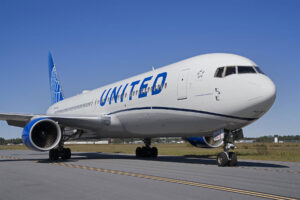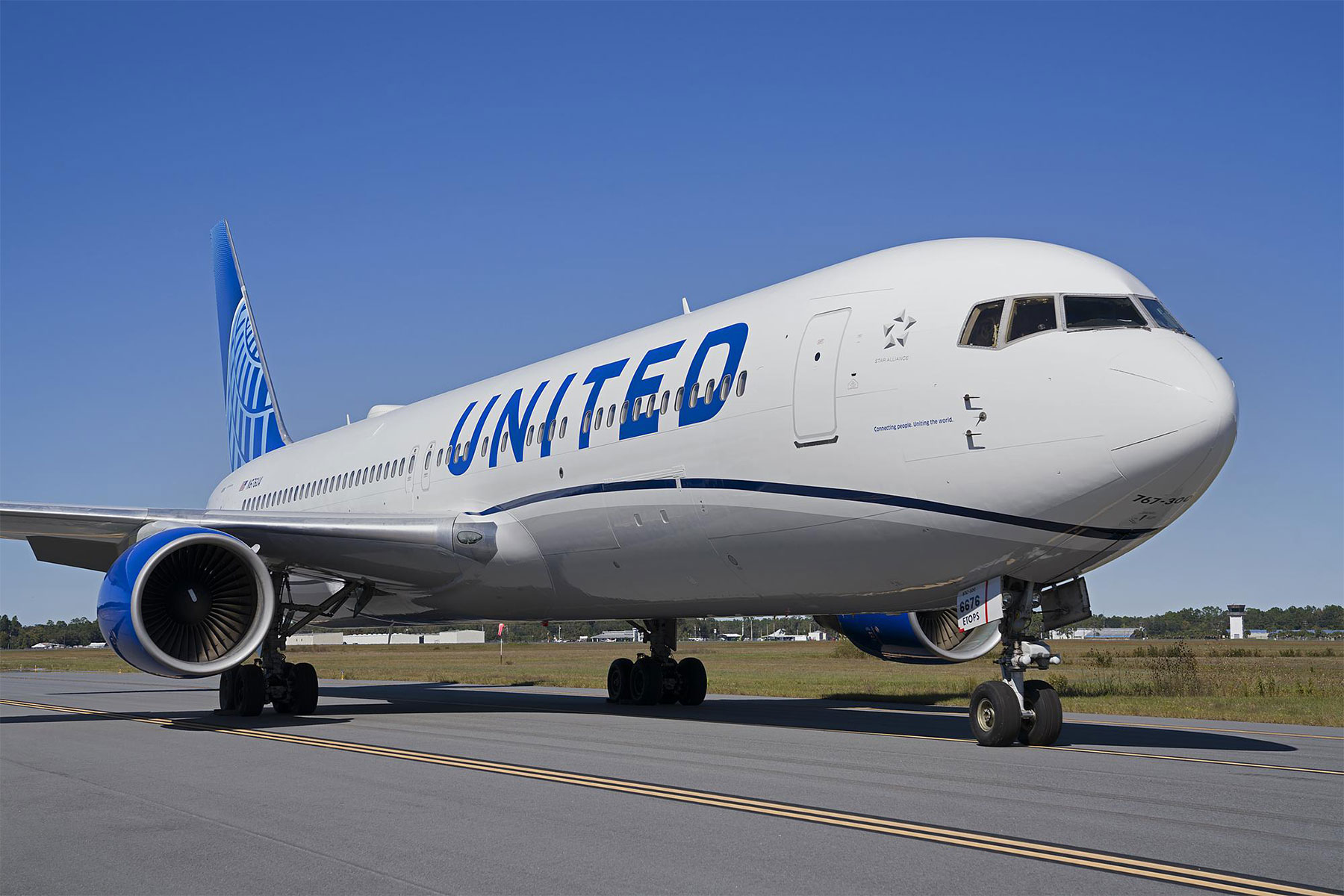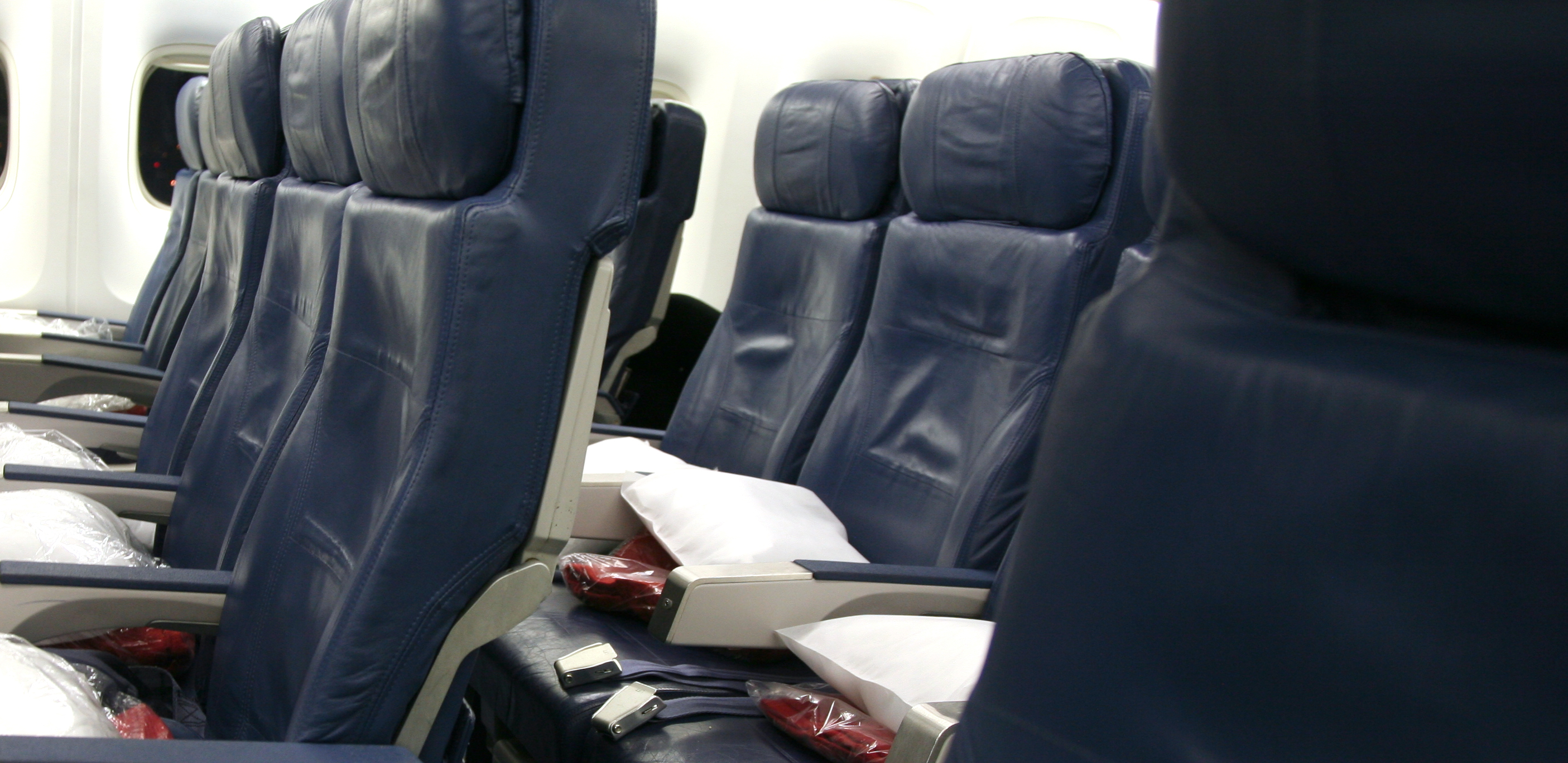Sea Change in Safety Nearly Three Years After MH370

Both technological and international standards are slowly improving to ensure that all aircraft are thoroughly tracked.
It’s been almost three years since the demise of Malaysia Airlines Flight 370. Since the disappearance of MH370, the international airline industry is now slowly but surely putting into place a global framework for the safe and effective tracking of flights.
The changes to international standards and technology won’t be instantaneous; indeed, these new regulations won’t kick in until 2018, and because certain standards will apply only to new planes, it could be quite a while until there’s a sea change in the wider industry, Skift reports.
Still, explains William Waldock, a former accident investigator and professor at Embry-Riddle Aeronautical University, it’s a step in the right direction. “If the exact same thing happened today, I think we’d have the same result,” he said, adding that “there has been change, but we haven’t put anything physical into practice yet.”
Skift reports that numerous changes are afoot, including a requirement set out by the International Civil Aviation Organization (ICAO) that all pilots flying over the sea report their position every 15 rather than 30 minutes.
Looking to the future, by 2021, new craft will also be required to submit minute-by-minute reports if they are in distress. Additionally, by the beginning of 2018, “black box” flight recorders will be fitted with locator beacons that last 90 days as opposed to the current 30.
It is also hoped that advances in satellite technology will improve safety standards. For example, joint venture company Aireon recently launched a handful of satellites equipped with Automatic Dependent Surveillance-Broadcast (ADS-B), a technology fitted onboard most planes. While MH370’s ADS-B was turned off, it is hoped that this technology could allow the majority of planes to be tracked.
Safety standards are changing slowly, but Atholl Buchan, director of flight operations at the International Air Transport Association (IATA), is hopeful. He believes another MH370 is “highly unlikely,” and says that a number of carriers have already made the technological improvements to track craft over the ocean.
“In a few years, new systems and technology, if adopted universally by (air traffic control providers), will allow for global surveillance coverage,” he said.
[Photo: Shutterstock]





















